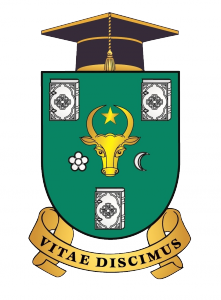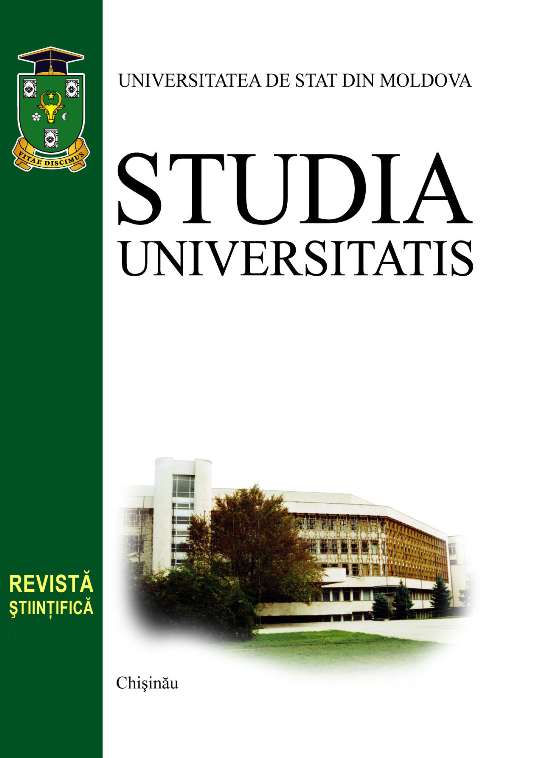AFIRMAREA SOCIETĂŢII CIVILE ÎN CONTEXTUL TEORIEI MODERNIZĂRII (CAZUL REPUBLICII MOLDOVA)
Bogdan ŢÎRDEA Universitatea Pedagogică de Stat „Ion Creangă"
Rezumat
The author of the article is trying to reveal some aspects of the process of genesis of civil society in Republic of Moldova. So, the economic modernization, globalization, the «third wave» of democratization and internationalization of civil society influenced the Soviet regime. First of all, in spite of different critics saying that the Soviet economy was in a deep crisis in1985, its structure underwent deep changes. The service sector increased the share of agriculture in the GDP diminished. Secondly, Gorbaciov reforms unleashed the private initiative, the cooperative movement. As a result, new social groups emerged, with new expectations, new interests. The reforms formed the private sector that escaped from the total state control. In our opinion, the Bifurcation of the Soviet citizens’ political consciousness was a very important factor in the emergence of a «private», «non-official» sphere. The liberalization of the Soviet political system was a result of the fight between communist elite groups. In this context, the emergence of «Popular Front», as a Political Movement was the central element of the civil society. In this respect, the emergence of the civil society in Moldova was identical to Poland, Hungary, and other European countries. The problem is that in the above mentioned countries, the Democratic Movement was a social one, formed by Trade Unions, Civic Groups. In Moldova, on the contrary, the Popular Front was a Nationalistic Movement. This divided the Moldavian society, creating great difficultties in the further development of the Civil Society.


